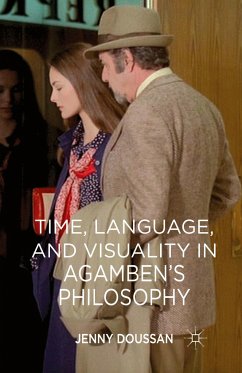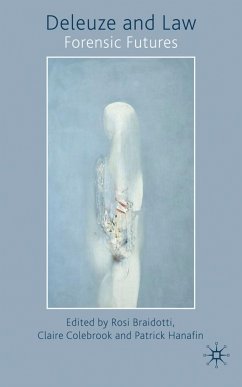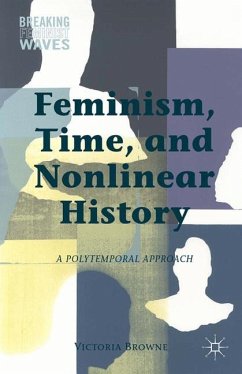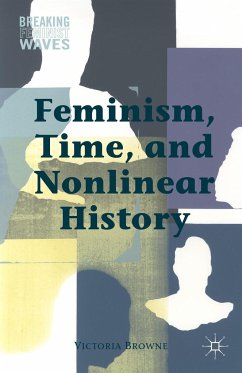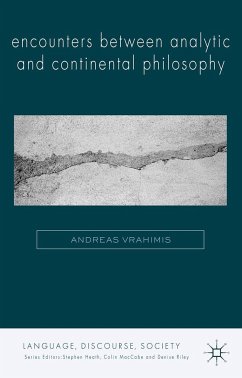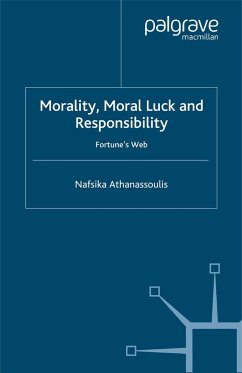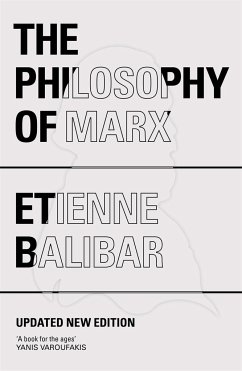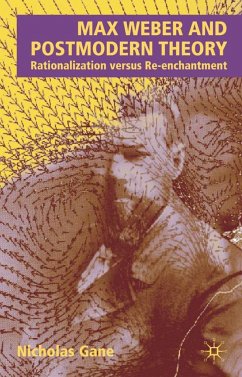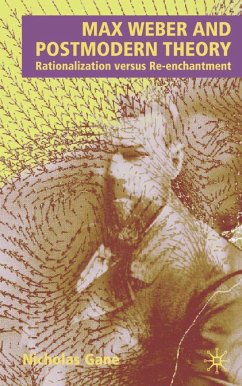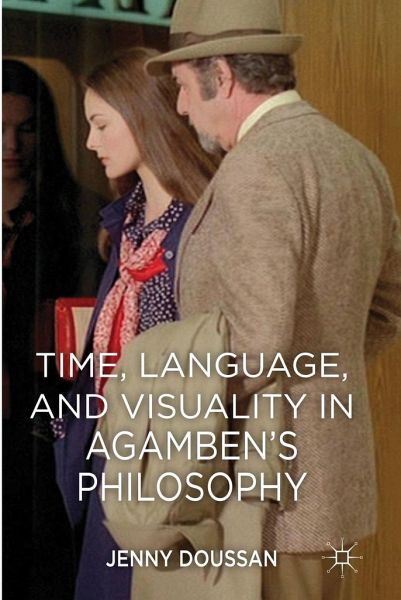
Time, Language, and Visuality in Agamben's Philosophy
Versandkostenfrei!
Versandfertig in 6-10 Tagen
38,99 €
inkl. MwSt.
Weitere Ausgaben:

PAYBACK Punkte
19 °P sammeln!
Giorgio Agamben, a philosopher both celebrated and reviled, is among the prominent voices in contemporary Italian thought today. His work, which touches upon fields as diverse as aesthetics and biopolitics, is often understood within a framework of Aristotelian potentiality. With this incisive critique, Doussan identifies a different tendency in the philosopher's work, an engagement with the problem of time that is inextricably bound up with language and visuality. Founded in his early writings on metaphysics and continuing to his present occupation with inoperativity, Time, Language and Visua...
Giorgio Agamben, a philosopher both celebrated and reviled, is among the prominent voices in contemporary Italian thought today. His work, which touches upon fields as diverse as aesthetics and biopolitics, is often understood within a framework of Aristotelian potentiality. With this incisive critique, Doussan identifies a different tendency in the philosopher's work, an engagement with the problem of time that is inextricably bound up with language and visuality. Founded in his early writings on metaphysics and continuing to his present occupation with inoperativity, Time, Language and Visuality in Agamben's Philosophy forges an original path through Agamben's extensive commentary on the linguistic and the visual to illuminate the recurrent temporal theme of capture and evasion the cat-and-mouse game that bears the foundational violence of not just representation but concept-formation itself. In the process, Doussan both reveals its limit and establishes a ground for future engagements.



